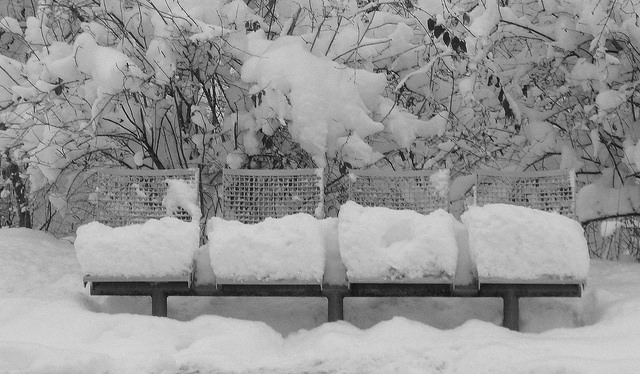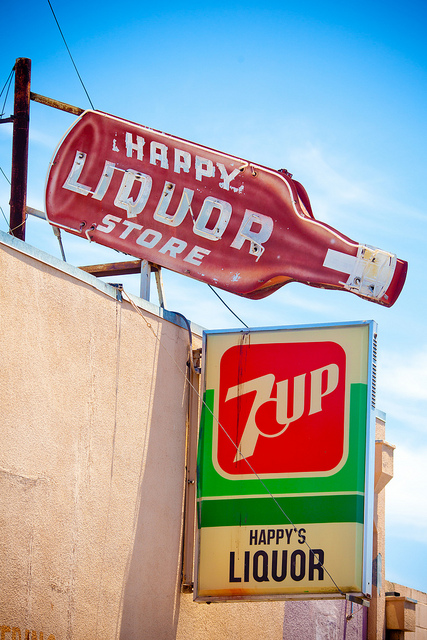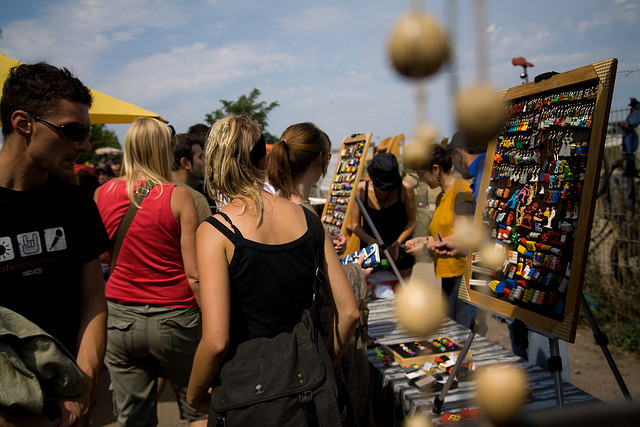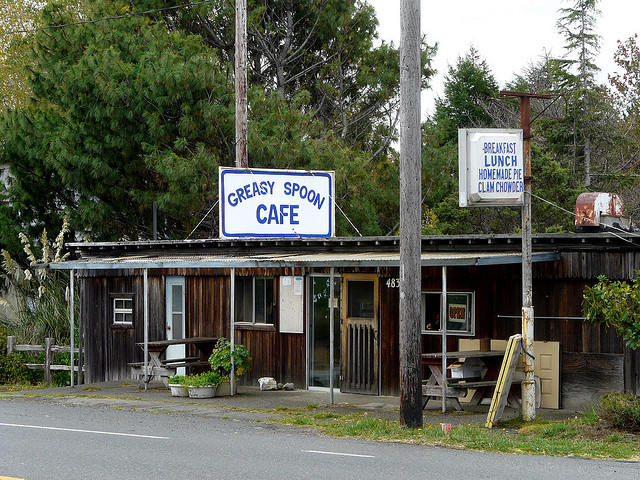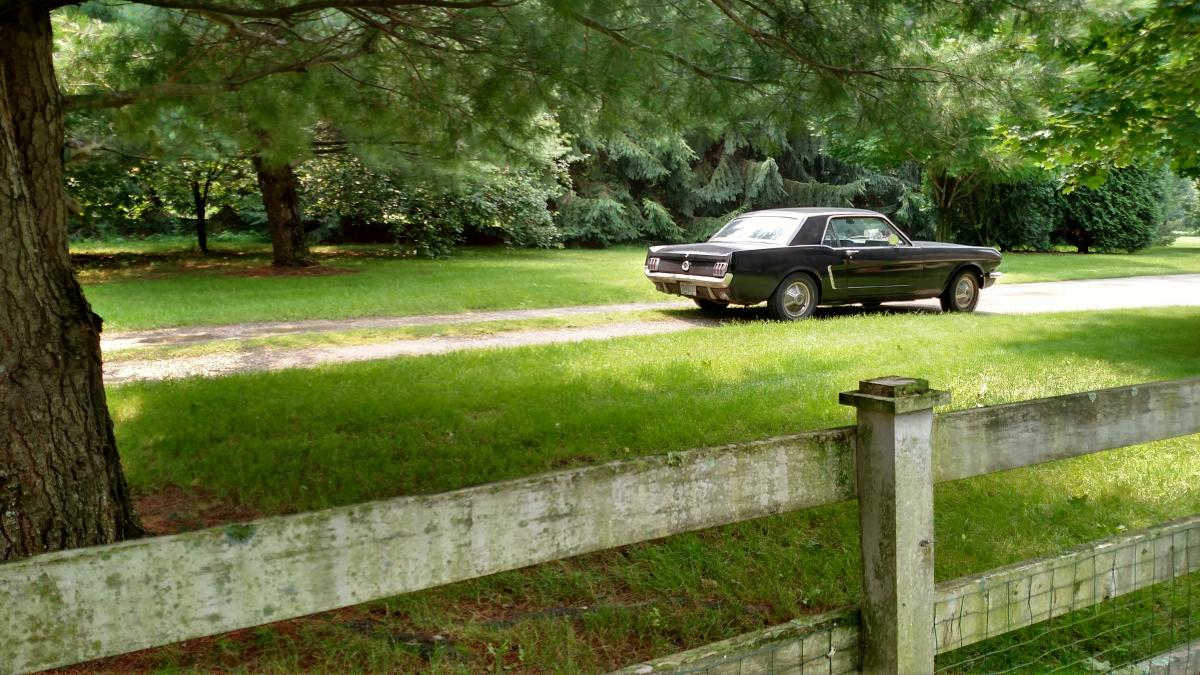By DIANA BABINEAU

Portland was vibrant, despite its mistiness; always threatening to rain, but never truly downpouring. G. and I walked up and down Fore Street, looking for the restaurant by the same name, trying not to look too much like lost tourists. We had escaped to Portland in search of good food, which was always a comfort to us and which we needed now more than ever. Finishing our undergraduate degrees a few weeks earlier had left us feeling more somber and empty than excited. After days of enduring many heartfelt goodbyes from friends we knew we’d never see again and lengthy advice from proud, overbearing relatives, we were aching to get away from it all; to distract ourselves from the constant reminders that a chapter in our lives was closing forever.





